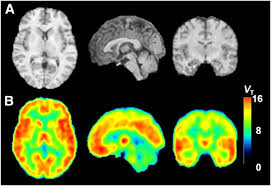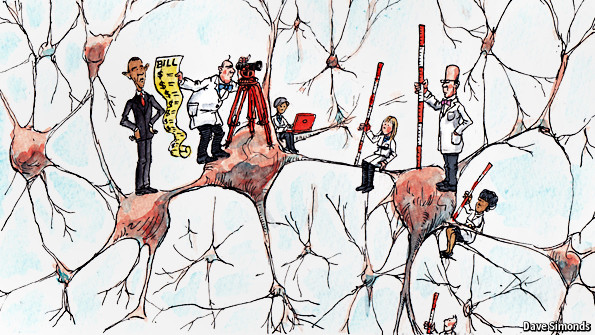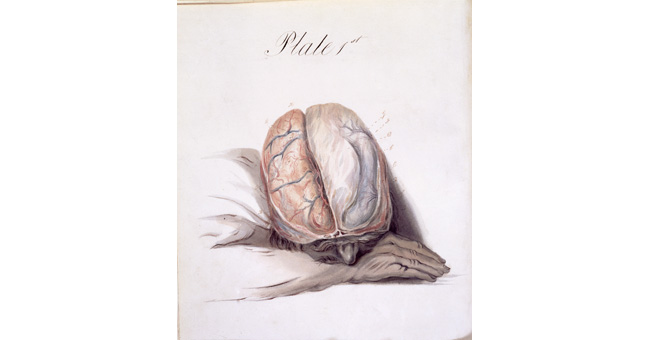Superfluous Neuroscience Information Makes Explanations of Psychological Phenomena More Appealing
This in the Journal of Cognitive Neuroscience. We conclude that the “allure of neuroscience” bias is conceptual, specific to neuroscience, and not easily accounted for by the prestige of the discipline. It may stem from the lay belief that the brain is the best explanans for mental phenomena. Brainbrain scansfmrimriNeuroimagingneuromanianeurosciencephilosophical psychologyPhilosophy of mindsituated cognitionsociology of…



